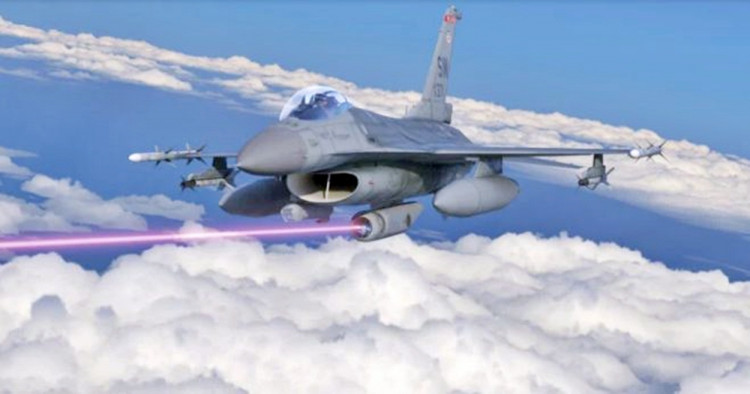The Biden administration has decided to lift a three-year ban on U.S. sales of offensive weapons to Saudi Arabia, a move that reflects the changing dynamics in the Middle East and the evolving relationship between Washington and Riyadh. The decision marks a departure from the administration's earlier stance, which aimed to pressure the kingdom to wind down its involvement in the Yemen conflict.
The State Department confirmed the lifting of the suspension on certain transfers of air-to-ground munitions to Saudi Arabia, a step that had been anticipated for weeks. "We will consider new transfers on a typical case-by-case basis consistent with the Conventional Arms Transfer Policy," a senior State Department official stated, signaling a cautious but deliberate approach to resuming these sales.
The Biden administration briefed Congress on its decision earlier this week, with sources indicating that sales could potentially resume as early as next week. Under U.S. law, major international weapons deals require congressional review before they can be finalized. While there has been bipartisan skepticism about providing offensive weapons to Saudi Arabia due to concerns over civilian casualties in Yemen and broader human rights issues, this opposition has softened in recent months.
This shift in attitude is attributed to several factors, including the relative calm in Yemen since a United Nations-led truce was established in March 2022. According to the administration, there have been no Saudi airstrikes in Yemen since the truce began, and cross-border fire from Yemen into Saudi Arabia has largely ceased. "The Saudis have met their end of the deal, and we are prepared to meet ours," a senior Biden administration official said, underscoring the administration's rationale for lifting the ban.
The decision also comes as the United States has increasingly sought to strengthen ties with Saudi Arabia in the wake of the October 7 attack by Hamas on Israel. The Biden administration has been working closely with Riyadh to develop a strategy for post-war Gaza and has been negotiating a defense pact and civil nuclear cooperation agreement with the kingdom. These discussions are part of a broader effort that includes encouraging Saudi Arabia to normalize relations with Israel, though such a breakthrough remains elusive.
Saudi Arabia's role in the Yemen conflict has long been a point of contention, with the war being seen as a proxy battle between Saudi Arabia and Iran. The Houthi rebels, who ousted a Saudi-backed government in Sanaa in 2014, have been supported by Iran throughout the conflict. The war has resulted in one of the world's worst humanitarian crises, with hundreds of thousands of people killed and 80% of Yemen's population reliant on humanitarian aid.
In 2021, President Biden adopted a tougher stance on arms sales to Saudi Arabia, citing the kingdom's role in the conflict and the heavy civilian toll. However, the warming of ties between the two nations and the changes in Yemen have led to a reassessment of this position. The administration also noted the improvements made by the Saudi Ministry of Defense in mitigating civilian harm, partly due to training and advisory efforts by the U.S.
The lifting of the ban occurs in a context of heightened tension in the Middle East, particularly following the killing of Hamas' political chief Ismail Haniyeh in Tehran. Both Iran and the Iran-backed Hezbollah group in Lebanon have vowed retaliation against Israel, raising the stakes for regional security. The Houthis, who have emerged as strong supporters of Hamas, have also been involved in recent attacks on commercial ships linked to Israel or bound for Israeli ports.






